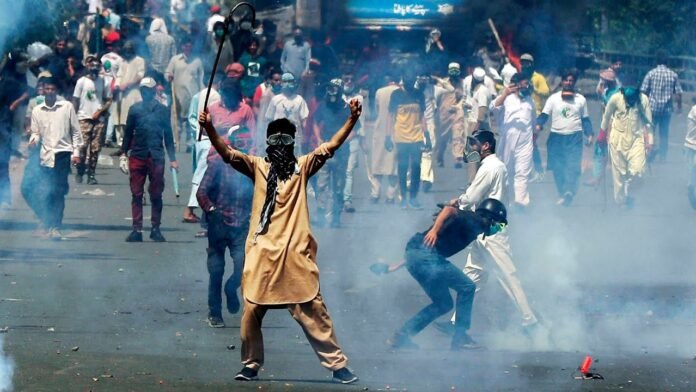Despite large-scale protests, the government has responded with mixed actions. They have admitted to a few public complaints but have also justified their measures because they will bring about economic stability and growth. In this regard, they have mentioned policies that aim to curtail fiscal deficits and better energy infrastructure as necessary for sustainable development.
Political Dynamics and Future Directions Protests
These Jamaat-e-Islami-led demonstrations point to broader political dynamics in Pakistan, where opposition parties use widespread dissatisfaction as an opportunity to challenge ruling administrations’ policies. This is significant because it shows how much people care about economic issues now compared to before when they only voted based on religious beliefs or ethnic affiliations without considering whether those candidates could manage national resources prudently.
Impact on Policy and Governance Protests
Such protests are likely to create some pressure on governments so that they can review their approach toward public welfare vis-à-vis economic policy-making processes.
Public Engagement and Continued Activism
The participation of grassroots leaders at local levels within districts/provinces during these demonstrations shows concerted efforts to mobilize citizenry against perceived injustices perpetrated by powerful elites far removed from ordinary people’s daily realities and lived experiences. Further involvement from below would, therefore, mean that there is a need for greater participation from below so that future electorates can make informed decisions based not just upon personal interests alone but also on taking into account broader community needs, thus leading us closer still towards realizing true democracy within our nation state systems around the world over time.
Media Coverage and Public Discourse
Protests have received extensive media coverage, generating public debates around governance issues within economies experiencing severe challenges. This has empowered various shades of opinion and fostered accountability among elected leaders by promoting transparency in public service delivery systems. This trend should be further encouraged by all means necessary.
In conclusion, the Jamaat-e-Islami demonstrations against electricity price hikes, budget disappointments, and economic policies reflect widespread discontent with the government’s handling of socio-economic issues. They also highlight the need for inclusive policy-making processes responsive to people’s needs, expressed through various forms, including protests. Additionally, these nationwide protests present opportunities and threats for sustainable development efforts while fostering social justice within societies through active citizenship participation in higher-level decision-making, such as during elections.


